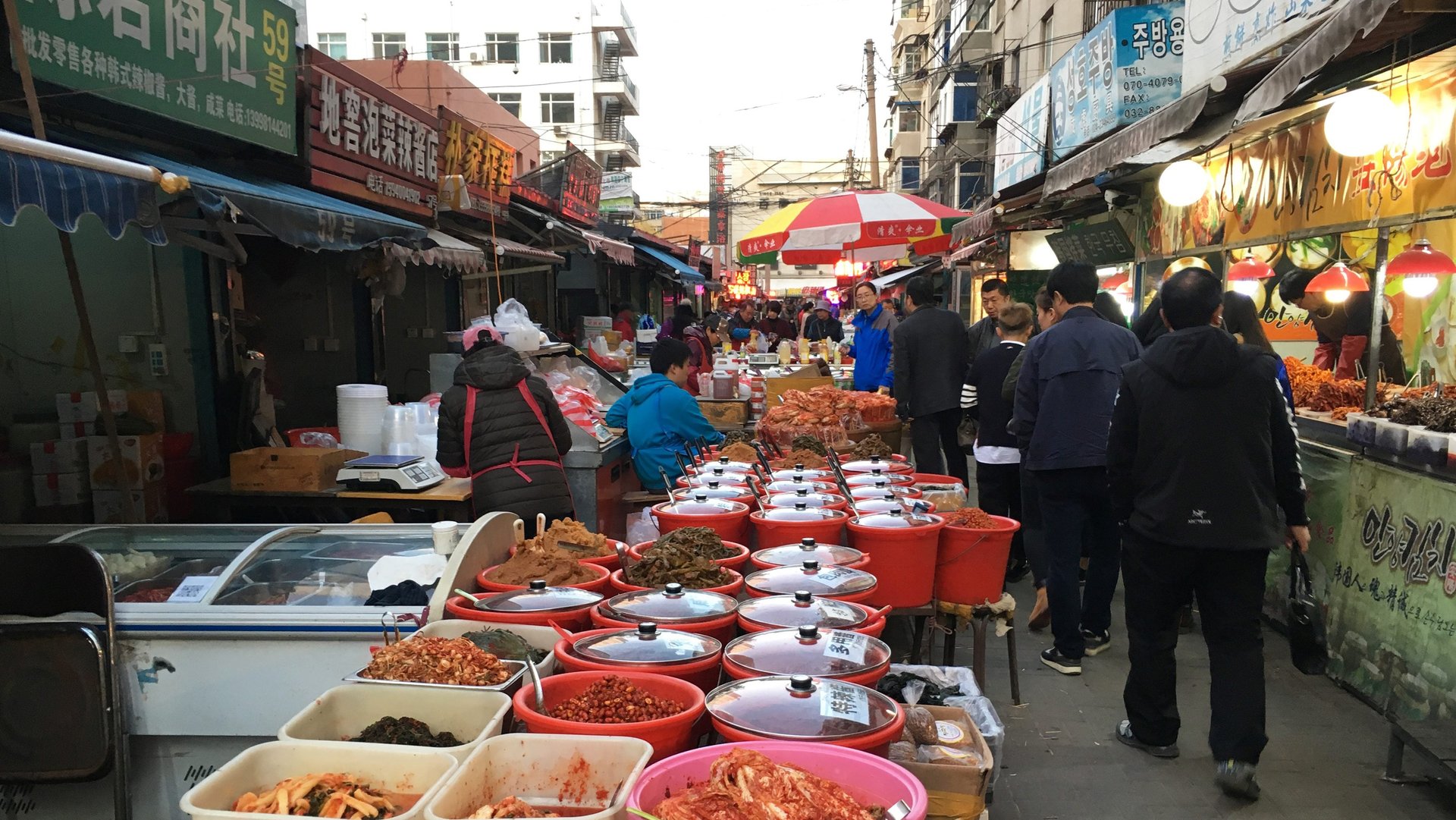The kimchi you eat outside of Korea is probably made in China
South Korea counts the art of kimchi making as part of its unique cultural heritage. But it’s now running a nearly $50 million kimchi trade deficit. That means Koreans are eating more non-Korean kimchi than they used to—and so are you.


South Korea counts the art of kimchi making as part of its unique cultural heritage. But it’s now running a nearly $50 million kimchi trade deficit. That means Koreans are eating more non-Korean kimchi than they used to—and so are you.
South Korea spent around $129 million in 2017 to purchase 275,000 metric tons foreign kimchi, more than 11 times the amount it exported, according to data released Wednesday (Jan. 17) by the Korea Customs Service. Meanwhile its exports of the spicy fermented cabbage only came to $81 million. The result? A staggering $47.3 million kimchi trade deficit, with about 99% of the imports coming from China.
South Korea’s been running kimchi deficits every year since 2006, except for 2009, according to the customs agency, which began tracking the data in 2000. That only time South Korea managed to beat the kimchi deficit was in 2009, when the country’s kimchi import value went down because of the strong performance of the Chinese currency’s strength that year, noted the International Monetary Fund.
The rest of the time, South Korean kimchi just can’t beat Chinese kimchi’s prices. As of 2016, the kimchi average export price was $3.36 per kilogram (2.2 lbs) compared with the $0.5 per kilo import price, according to the Agro-Fisheries & Food Trade Corporation, a Seoul-based multinational exporting group.
South Koreans ate some 1.85 million metric tons of kimchi a year in 2016, or nearly 80 pounds a person. At home, South Koreans may still be largely eating home-made kimchi, or domestically produced stuff. But South Korean local restaurants have opted for the cheaper fermented cabbage. In Yanji, a Chinese city that borders North Korea, Jingangshan, one of the largest local manufacturers, alone produces 20 tons (22 metric tons) of kimchi every day, and most of that will end up on dinner tables in South Korea’s restaurants.
Weak demand from South Korea’s main kimchi export destination, Japan, also made it harder for South Korean imports, noted the Agro-Fisheries & Food Trade Corporation. The firm cited reasons such as Japan’s relatively slow economic growth and its shrinking population in recent years. (Japan once accounted for more than 70% of Korea’s kimchi export market, according to one 2014 estimate. )
Isabella Steger contributed reporting.